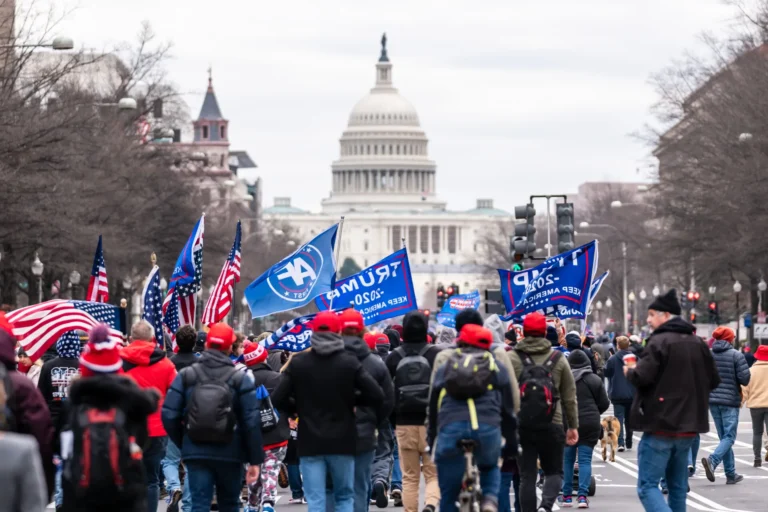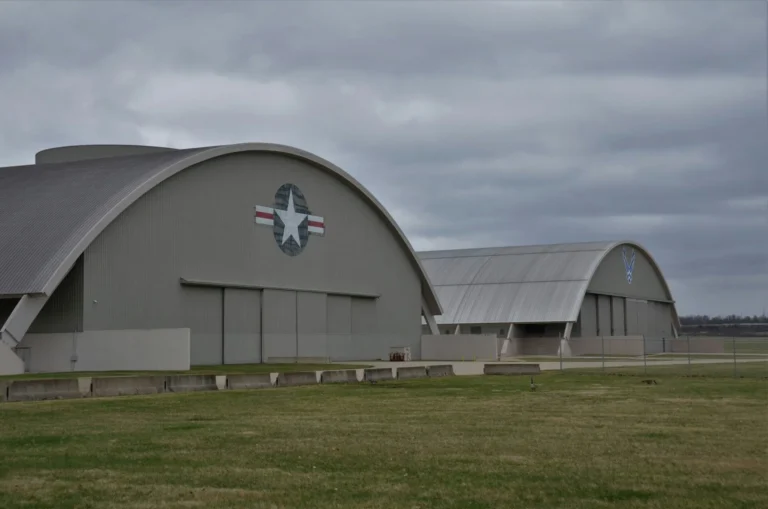Instead of socialized welfare for broken banks, Brazil’s financial assistance packages focus on the poor and are almost totally de-centralized. Why Brazil’s Economy Grows As Rest Of World ShrinksBy Cliff Montgomery – Nov. 16th, 2008Brazil is one of the very few countries to still enjoy a relative prosperity during the current global financial meltdown. Its national economy has extensively grown in the past half-decade, and its poor often have benefitted most from Brazil’s wise fiscal policy.An increased minimum wage, along with lower inflation and an easier ability to obtain credit, have allowed the nation’s poor to become an engine for economic growth.These improvements, along with the world’s most generous slew of conditional welfare programs from federal, state and local governments–a primary cause of President Luiz Inácio Lula da Silva–have helped Brazilians to attain an economic stability they’ve never before enjoyed.”The question of poverty is at the forefront of Latin American governments today. The poor are visible again, and Brazil is playing a leading role in this,” Social Development Minister Patrus Ananias recently told The Christian Science Monitor. Ananias last month made a special trip to Namibia, to aid in a review of the African Union’s social policy framework.Small rustic towns receive half of Brazil’s welfare subsidies. The township of Manari is tucked away in the province of Pernambuco, near the “backlands,” or “sertao”–a forsaken land filled with craggy trees and fields of dust. Just half a decade ago Manari was the country’s least developed town, according to the United Nations Development Program. A full 57 percent of Manari’s population was illiterate, and its average monthly income was a mere $13–equivalent with Haiti, the Western Hemisphere’s poorest nation.But thanks to the fiscal policies of Da Silva and others, Manari now is enjoying an economic boom. In the last three years, the little town has built its first health clinic and high school. The government over the summer finished a modern highway which connects Manari to a major thoroughfare.The most clear improvement for the townspeople, however, surely is Brazil’s monthly cash payments to 3,000 struggling families in the town.The payments are not mere handouts. Families must actively meet a few clear conditions to receive the aid. If a family keeps its children in school, gets them vaccinated, and continues to send them to regular health checkups, that family then receives the much-needed aid.”We have security now,” Dida Santos, who survives in a small one-room house with her family, told the Monitor. She and her husband had barely kept their family alive on little more than the corn and beans they grew and the handful of animals they raised.Now Santos makes weekly trips to the supermarket, and the family has even saved enough money to purchase its first refrigerator. It was never needed before–the Santos family never had spare food to preserve.While this welfare program for families–known as “Bolsa Familia”–has greatly aided in reducing the immediate effects of poverty, the Da Silva government also has recognized that the single greatest aid for the poor is to create decent-paying jobs, which allow the poor to help themselves.Da Silva also has helped to usher in more than 8 million new jobs, and he has ensured that those new jobs actually pay enough to help those who work them. Brazil’s president raised the country’s minimum wage from the equivalent of $90 a month to $187 a month–more than doubling the working poor’s pay.It’s important to note that such actions have increased both jobs and company profits. In fact, it is Brazil which now is doing rather well during the current global economic mess, not America.At a time of great world-wide crisis, poverty numbers are actually dropping in Brazil. Income for the poor has increased a staggering 22 percent in the last five years. And far from becoming poor themselves, Brazil’s rich have enjoyed a 4.9 percent increase to their wealth during the same period, indicate government figures.What is the secret to the country’s success? Its slew of economic programs constitute the largest–and one of the most successful–welfare and financial aid packages in the world. But instead of socialized welfare for broken banks, Brazil’s financial assistance packages focus on the poor and are almost totally de-centralized.Though the federal government issues payments to beneficiaries through a debit card, it’s the local and state governments that actually run the programs. This gives a much greater voice to those actually affected by the initiatives, and puts the administrative power firmly in the hands of local politicians from each area.”Many countries are looking to Brazil as an example of how to implement these programs. They are looking at how Brazil has done this at such a massive scale,” Kathy Lindert, a World Bank human development economist, told the Monitor.”We are seeing one of the largest, most unequal countries get more equal,” she added. It may be a lesson America now needs to learn.Like what you’re reading so far? Then why not order a full year (52 issues) of thee-newsletter for only $15? A major article covering an story not being told in the Corporate Press will be delivered to your email every Monday morning for a full year, for less than 30 cents an issue. Order Now! Wait, why does an independent news source run advertisements? The Spark answers in its advertising policy. * Please check out our ads–they help keep this news site running. Thanks!

ICE Has Several Rules Banning Unreasonable Force
Though agents may only employ “objectively reasonable” force, in reality there have been numerous legal actions regarding questionable practices.




